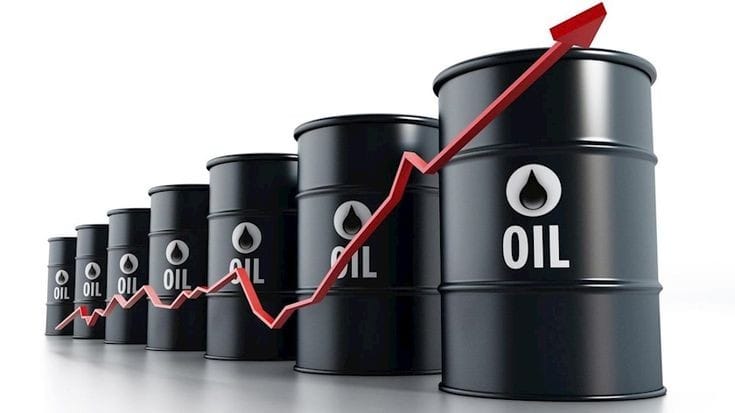The Future of Economic Diversification in the UAE: The Role of Oil
The United Arab Emirates (UAE) has long been known for its abundant oil reserves, which have been the primary driver of the country’s economy for decades. However, the UAE government has recognized the need to diversify the economy away from oil and gas in order to ensure sustainable growth and development in the long term. In this context, this article will examine the role of oil in the UAE’s economic diversification plans.
The UAE is one of the largest oil producers in the world and its economy is heavily dependent on oil exports. According to the International Monetary Fund (IMF), oil exports account for around 30% of the country’s gross domestic product (GDP) and 70% of government revenue. Given the volatility of oil prices and the finite nature of oil reserves, the UAE government has launched a series of initiatives to reduce the country’s dependence on oil and gas.
One of the key pillars of the UAE’s economic diversification strategy is to develop non-oil sectors such as tourism, finance, and manufacturing. The government has invested heavily in infrastructure projects and created free zones and business parks to attract foreign investment and promote economic growth. The UAE has also developed a strong entrepreneurial ecosystem and launched various initiatives to support small and medium-sized enterprises (SMEs).
In addition to developing non-oil sectors, the UAE government has also been investing in renewable energy sources such as solar and wind power. The country is aiming to generate 50% of its energy from clean sources by 2050, as part of its commitment to the Paris Agreement on climate change.
While the UAE is committed to diversifying its economy, the government recognizes that the oil and gas industry will continue to play an important role in the country’s economic development. As such, the government is focused on increasing the efficiency and productivity of the oil and gas sector. This includes investing in research and development to enhance exploration and production techniques, as well as developing new technologies to reduce the environmental impact of oil and gas operations.
Another important aspect of the UAE’s economic diversification plans is the development of downstream industries such as petrochemicals and fertilizers. The government has launched several initiatives to attract foreign investment and promote the development of these industries, which can add value to the country’s oil and gas resources and create new job opportunities.
In conclusion, the UAE’s economic diversification plans are aimed at reducing the country’s dependence on oil and gas and creating a more sustainable and diversified economy. While oil will continue to play an important role in the country’s economy for the foreseeable future, the government is taking steps to increase the efficiency and productivity of the oil and gas sector, develop non-oil sectors, and invest in renewable energy sources. By pursuing a multi-pronged approach to economic diversification, the UAE is well-positioned to achieve long-term economic growth and prosperity.




